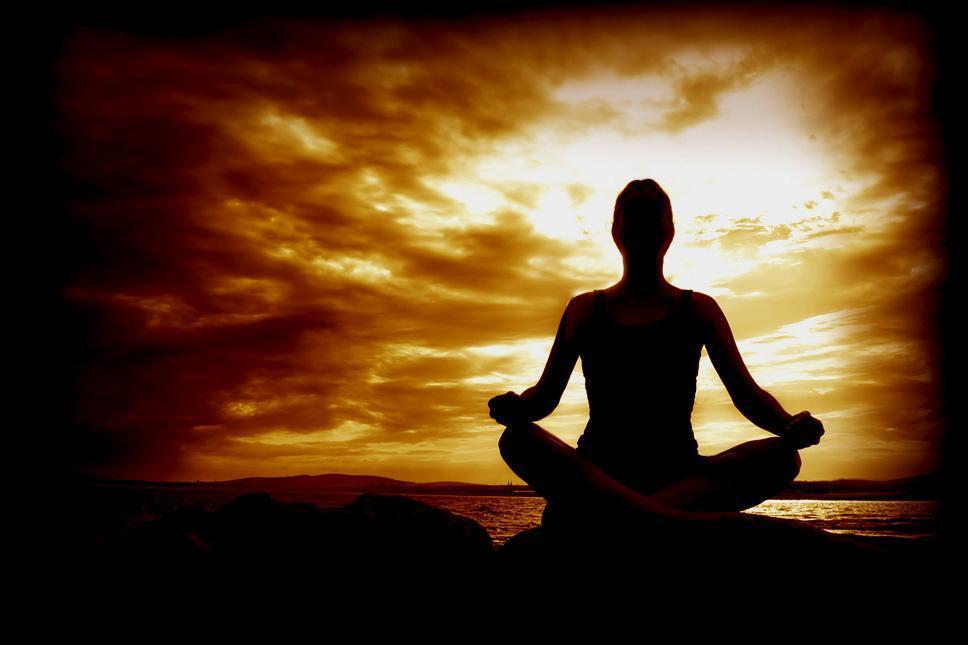What if you can't handle your own inner truth?
The issue's come up recently because Aaron Alexis, who shot 12 people at the Navy Yard near Washington, D.C., this week has been reported to be a meditator who lived for a time at a Buddhist center in Texas.
Such violence contradicts the popular notion that meditation leads to calmness and reduces stress and anxiety. Dozens of scientific research projects have found measurable beneficial effects from meditation.
But meditation isn't a magic pill. A serious meditation practice, particularly a Buddhist meditation practice, involves working with your mind, discerning habitual ways of reacting to conditions and circumstances, and investigating them -- where they came from and whether they're still appropriate ways to cope. That awareness can bring buried issues to light.
People with depression or past experiences of trauma, for example, may find themselves feeling increasingly anxious during meditation, no matter how much they try to focus on the moment. Or they may be plagued by intrusive thoughts, feelings and images of the past during their mindfulness exercises.
That’s why [University of Washington researcher Sarah] Bowen suggests that people with depression or trauma issues who want to benefit from meditation should try it with expert guidance. “If you get stuck in ruts like rumination, there are ways to work with that,” she says, “It’s important to have teachers who are very familiar with meditation to guide you as you are learning.” Experts can let people know what to expect and offer emotional support to help them through rough patches.
Brown University neuroscientist Dr. Willoughby Britton, who has published research on using meditation in treating depression, is working on what she calls the “dark night” project. Her interest was piqued after she treated two patients who had attended meditation retreats and went on one herself where she experienced mental distress, Szalavitz reports.
She eventually learned that overwhelming anxiety, fear and emotional pain— sometimes including symptoms severe enough to merit psychiatric diagnosis— are “actually classic stages of meditation” that eastern practitioners are familiar with. But Western doctors and researchers who co-opted the practice and began advocating meditative techniques to treat mental illness were not studying them. They saw only the calming ability of meditation to focus the mind.Meditation allows us to settle our minds and look at what's there. It won't give you a serious mental condition, but it -- alone -- probably can't treat one. And especially without guidance or grounding. I've heard Buddhist teacher Vinny Ferraro say that his mind is like a bad neighborhood -- he won't go there unarmed. The weapons he carries are meditation techniques.
The Buddha sent his first adherents out into the forests to meditate, only to have them return, terrorized by demons they thought were in the forest. Recognizing that the demons were projections of internal fears, the Buddha taught them how to do metta, lovingkindness meditation. By changing their view of the demons -- meeting them with kindness rather than fear -- the meditators found they were no longer a threat. There are other stories of meeting demons -- those thoughts that bedevil our minds -- with kindness, inviting them to tea, feeding them, not fighting them.
When I began studying Buddhism in 2006, I was depressed and anxious. Therapy and medication helped, but Buddhism and meditation provided the tools that helped move out of familiar patterns. I am deeply grateful to the path and especially to teachers who provided guidance. It took time and getting to know myself and what I could be with. For some people, jumping into emptiness can be threatening and disorienting -- sometimes you need ground -- in ways that last longer than the empowerment ceremony or the weekend retreat where you practiced it.
I practice meditation. I teach meditation. I wholeheartedly endorse meditation. But it's not all good. Sometimes it's bad. Meditation is about being aware of all that and learning how to respond skillfully.



No comments:
Post a Comment